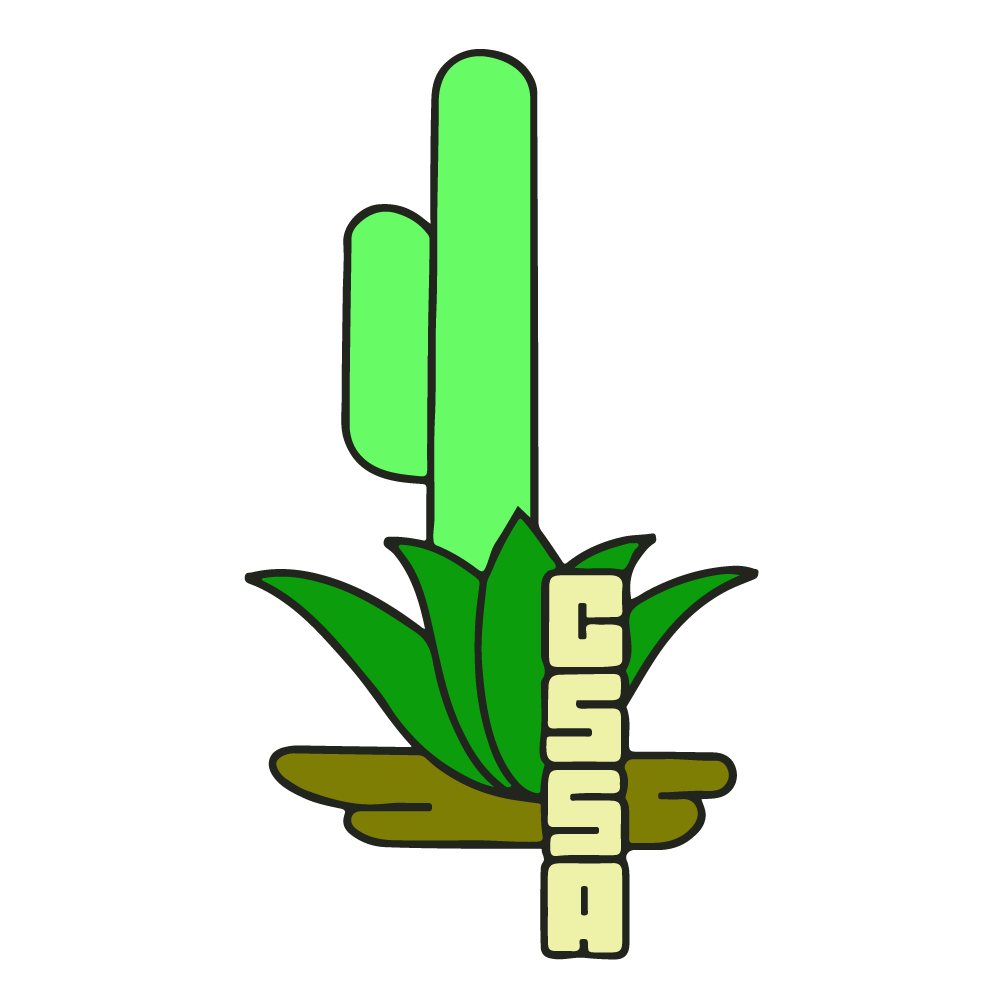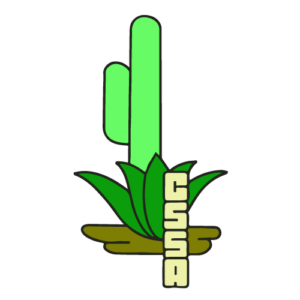In order to address the increased pressure for field-collected plants, the CSSA Board of Directors, in cooperation with our Conservation Committee, has adopted a Code of Conduct for CSSA members. Please feel free to use this Code of Conduct as a template, as we hope that Affiliates might adopt a similar policy.
— Rod Haenni, CSSA President
by email to the membership, February 2, 2024
Suspension provision regarding recent trading in habitat collected plants
It is known that, like many plant groups and arboretums, the CSSA lacks the resources and expertise to determine, on its own, whether any of its members are participating in the commercial trade of plants recently collected (within the last 2 years and going forward) from habitat. The IUCN and law enforcement agencies, on the other hand, regularly perform these important investigations. To facilitate the protection and conservation of cacti and succulents, we will promote seed grown and ethical practices in our hobby. CSSA will rely upon IUCN and law enforcement agencies to determine if a person or business engaged in the commercial trade of plants recently collected from habitat. Once the CSSA is informed of a party’s participation in trading plants recently collected from habitat, that party will be suspended for a two-year period from participating in certain CSSA activities, such as:
- Being a vendor at CSSA sponsored events
- Being a presenter at CSSA sponsored webinars, conventions, or other events
- Being an officer, director, employee or contractor of the CSSA
- Participating in the organization or running of a CSSA event
- Participating in a CSSA field trip, and
- Contributing to any CSSA publication
The suspended party may attend conferences and webinars and receive CSSA publications during the suspension period.
After the expiration of the two-year suspension, the CSSA will consult with the IUCN to determine whether any unethical trade continued during the suspension to determine whether the suspension should be continued or terminated. The suspension will be extended in accordance with the gravity and nature of the conduct.
Participation in the unethical commercial trading of plants recently collected from habitat includes aiding the sales, brokering, transit of such plants or the use of such plant to sell other items such as pottery. This provision expressly does not apply to legitimate plant rescue programs, like that engaged in by the Tucson club, provided the plants are tagged as required by state law.




